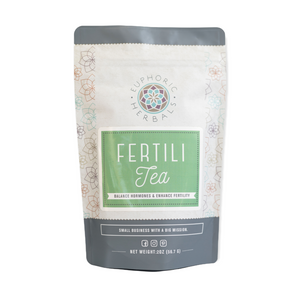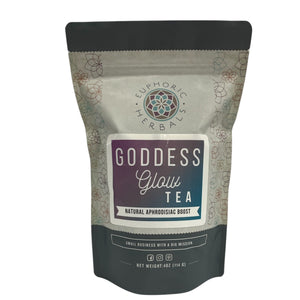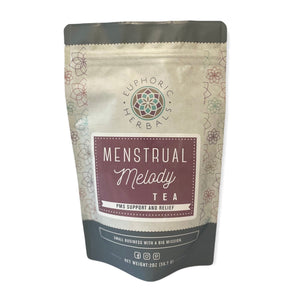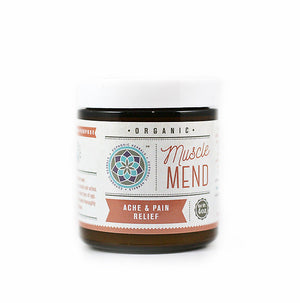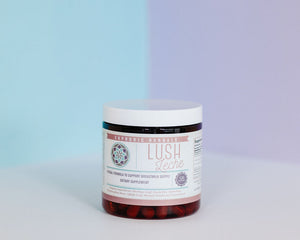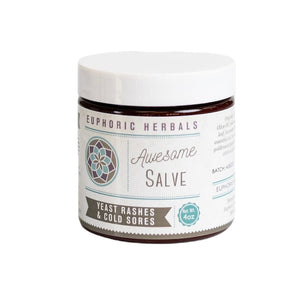Apricot oil is a lovely lightweight oil that has numerous benefits for your skin.
It may sometimes get overlooked in favor of more popular oils like coconut oil or sweet almond oil (which are great, too), but it has unique properties that make it well worth discovering.
Here's more about how apricot oil is made and all it can do for your skin.
What is Apricot Oil?
Apricot oil is also called apricot kernel oil because it's made from the kernels (hard inner seeds) of the fruit.
In late summer, apricots ripen and are ready to harvest. After the harvest, the flesh is removed from the kernels, and the kernels are soaked in water to soften the hard outer shell.
Once the shells can be broken open to get to the inner kernel, oil is typically extracted through a cold-pressing method.
The end result is a yellow oil that smells like apricots. From here, the oil may go through a refining process that results in a product with a lighter yellow color and little to no scent.
Apricot oil is particularly rich in vitamin A and vitamin E as well as fatty acids like oleic acid, linoleic acid, alpha-linolenic acid, palmitic acid, and stearic acid.
It has been used in skincare for centuries and has featured in both Ayurveda and traditional Chinese medicine, mainly to keep skin looking youthful but also to treat certain skin issues.
Top Skin Benefits of Apricot Oil
Moisturizes and Smooths Out Skin

Thanks to the abundance of fatty acids in apricot oil, it helps to moisturize skin by acting as an emollient.
Emollient is a fancy word for an ingredient that forms a protective layer over your skin to keep moisture in and ease dryness. Emollients also help to "smooth out" skin by filling in gaps between skin cells, making your skin look more even and healthy.
One of the best parts about apricot oil is that it's lightweight and absorbs quickly and deeply into your skin. This means it won't feel heavy or sticky while it works its hydration magic.
Protects and Calms Skin
Apricot oil is rich in bioactive compounds known as tocopherols (a form of vitamin E) and phytosterols. Both have antioxidant properties that help to protect your skin against environmental damage from free radicals.
Free radicals are unstable molecules that can "attack" cells and proteins, including those in your skin. Not only can they make your skin look older than it is, they also damage mitochondrial DNA within skin cells. (1)
Along with protecting your skin, tocopherols and phytosterols have anti-inflammatory effects that help calm irritated skin and make it look less red/inflamed. (2)
Softens and Brightens Skin
Another one of the top skin benefits of apricot oil is its ability to soften your skin and improve skin texture. This comes mainly from its emollient properties and makes apricot ideal for skin that feels rough as well as dry.
The vitamin A and vitamin E present in apricot oil also have a rejuvenating effect on skin, making it look brighter and restoring your skin's natural glow.
However, one important thing to keep in mind is that the less apricot oil is processed, the more nutrients it will retain. So, for the best skin-enhancing effects, be sure to get an oil that is as unrefined as possible.
Soothing for Sensitive and/or Irritated Skin

Most quality plant-based oils are soothing for sensitive skin, and apricot kernel oil is no exception. The nutrients it contains and the anti-inflammatory power it possesses both contribute to its skin-soothing benefits.
The fatty acid and antioxidant content of apricot oil is also highly beneficial for promoting a healthy skin barrier, which is key for reducing irritation and sensitivity as well as protecting your skin from external toxins. (3)
Because it is non-irritating and soothing, apricot oil may be able to help with skin issues like eczema or dermatitis.
Try this DermiSoothe oil blend containing apricot oil for rough, red skin and/or sensitivity.
May Be Helpful for Acne-Prone Skin
Oils aren't always recommended for skin that is prone to breakouts (but check out these herbs, essential oils, and other remedies for acne).
However, apricot oil may be helpful for acne-prone skin because it's lightweight, non-greasy, and possesses some antibacterial activity. (3)
When it comes to comedogenicity, apricot oil has a rating of 2, which means it's less likely to clog pores than many other substances but may still aggravate severe acne.
The best way to know if apricot will help or worsen your acne is to try it out on a small area of skin for a few weeks and see what happens. Also, you can make it less comedogenic by combining it with a non-comedogenic oil like argan oil.
Nourishes Your Hair and Scalp
The skin benefits of apricot oil translate to your scalp as well as your face and the rest of your body.
As a non-greasy, quick-absorbing oil, apricot is great for adding extra moisture to your scalp without making your hair greasy. If your hair tends to be on the dry side, you can even use a few drops in a hair mask to help condition your strands.
Remember, just a little bit of oil goes a long way, so start with just a drop or two until you determine how much your scalp needs.
If you don't want to use apricot oil on its own, try it in this Unscented All-In-One Shampoo & Body Bar that is free of coconut oil and soothing for sensitive skin.
Good Substitute for Nut Oils
For those with a nut allergy, finding the right body/face oil to use can be a challenge.
Highly refined oils often don't cause an allergic reaction, even when they are extracted from nuts, but it's possible for unrefined, cold-pressed oils (which contain the most nutrients) to be a problem.
If you have a nut allergy and want to be cautious, apricot oil is a great nut-free option and an especially good substitute for sweet almond oil.
Enjoying the Skin Benefits of Apricot Oil
Now that you know more about apricot oil, you can use it in many ways:
- To remove makeup
- As part of a facial oil cleanser
- In a hair mask
- As a carrier oil for essential oils
- To make a massage oil
- Rubbed directly into rough patches of skin
- In a sugar or salt scrub
Try it out, and you might find a new favorite oil!
Disclaimer: This post is for informational purposes only. It does not constitute medical advice and should not be substituted for medical advice. Please consult your health care provider, herbalist, midwife, or naturopathic physician before taking herbs, supplements, etc. Here's the link to our full disclaimer.






















































